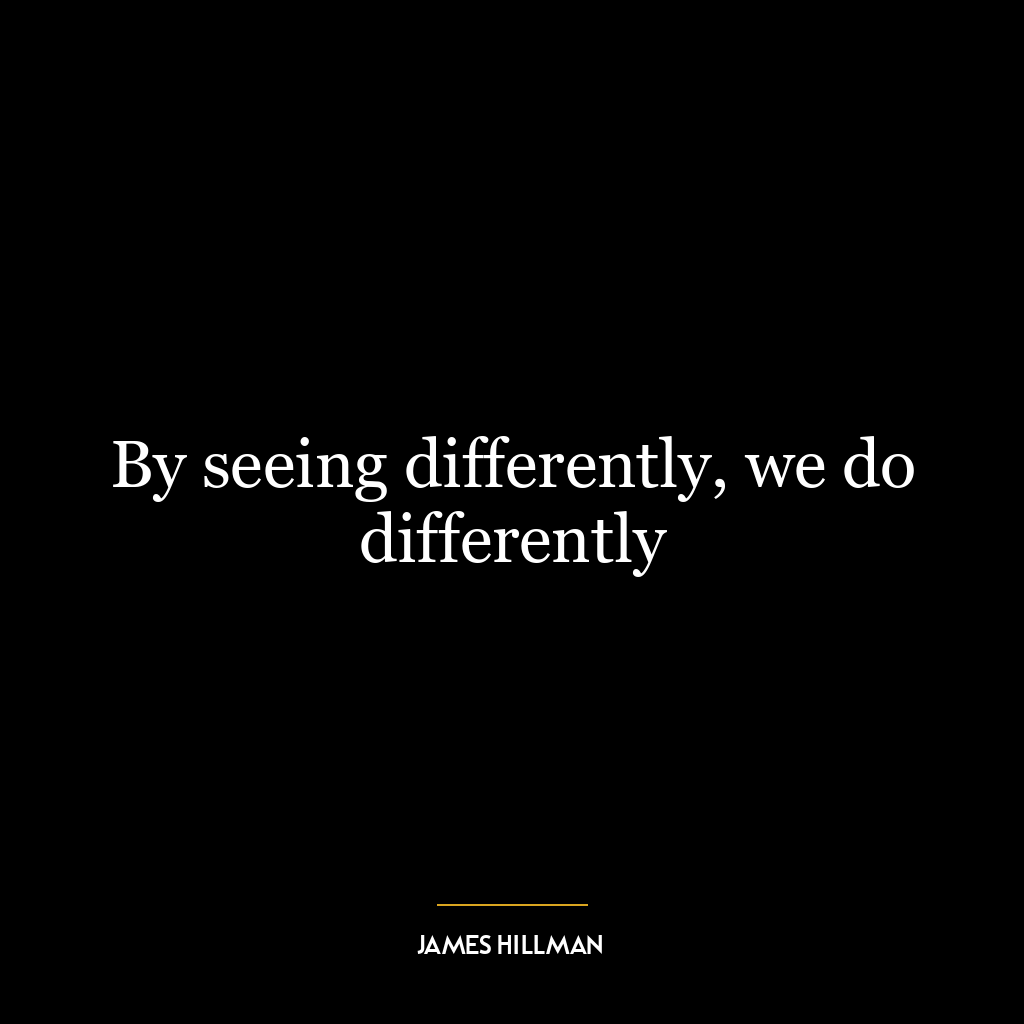'Management' Quotes
Management quotes are short, powerful statements that encapsulate key principles and ideas related to effective leadership and organizational management. These quotes have been used by leaders, entrepreneurs, and individuals from all walks of life to inspire and guide their actions. From ancient phi…Read More
Management quotes are short, powerful statements that encapsulate key principles and ideas related to effective leadership and organizational management. These quotes have been used by leaders, entrepreneurs, and individuals from all walks of life to inspire and guide their actions. From ancient philosophers like Confucius and Sun Tzu to modern-day business leaders like Steve Jobs and Warren Buffett, management quotes have stood the test of time and continue to influence and shape our understanding of effective management practices. These quotes serve as a reminder of the importance of strong leadership, strategic thinking, and effective decision-making, making them a valuable source of inspiration for individuals and society as a whole.Read Less
Management quotes are short, powerful statements that encapsulate key principles and ideas related to effective leadership and organizational management. These quotes have been used by leaders, entrepreneurs, and individuals from all walks of life to inspire and guide their actions. From ancient philosophers like Confucius and Sun Tzu to modern-day business leaders like Steve Jobs and Warren Buffett, management quotes have stood the test of time and continue to influence and shape our understanding of effective management practices. These quotes serve as a reminder of the importance of strong leadership, strategic thinking, and effective decision-making, making them a valuable source of inspiration for individuals and society as a whole.
177 Noteworthy 'Management' Quotations and Sayings
Management – Symbolic Value
Management is a concept that holds immense symbolic value in our society. It represents power, control, and authority, and is often associated with success and achievement. The term ‘management’ is derived from the Latin word ‘manus’, which means ‘hand’, and ‘agere’, which means ‘to lead’. This etymology highlights the idea of guiding and directing others towards a common goal, which is at the core of management.In today’s world, management is not limited to just the business world. It has become a part of our daily lives, from managing our time and resources to managing our relationships and emotions. This symbolic value of management has been ingrained in our minds through various cultural and historical influences.
Management – Cultural and Historical Significance
The concept of management can be traced back to ancient civilizations, where rulers and leaders were responsible for managing their kingdoms and empires. In the 19th and 20th centuries, with the rise of industrialization, management became a crucial aspect of business operations. The principles of management were developed and popularized by renowned thinkers such as Frederick Taylor, Henri Fayol, and Peter Drucker.In many cultures, the role of a manager is highly respected and considered a prestigious position. In Japan, for example, the concept of ‘kaizen’ or continuous improvement is deeply ingrained in their management practices. In contrast, in some cultures, such as India, the hierarchical structure of management is seen as a symbol of social status and power.
Management – Common Themes in Motivational Contexts
One of the key themes in management is motivation. Managers are responsible for motivating their team members to achieve their goals and objectives. This involves understanding the individual needs and desires of each team member and creating a work environment that fosters growth and development.Another common theme in management is communication. Effective communication is essential for successful management as it ensures that everyone is on the same page and working towards the same goal. Managers must be able to communicate clearly and effectively to delegate tasks, provide feedback, and resolve conflicts.
Management – Portrayal in Art and Media
The concept of management has also been portrayed in various forms of art and media. In literature, we see characters such as Sherlock Holmes and Hercule Poirot, who use their management skills to solve complex cases. In movies and TV shows, we often see managers depicted as powerful and influential figures, such as Miranda Priestly in ‘The Devil Wears Prada’ or Michael Scott in ‘The Office’.In the world of sports, managers play a crucial role in leading their teams to victory. They are responsible for strategizing, motivating, and making tough decisions to ensure their team’s success. This portrayal of management in popular culture has further solidified its symbolic value in our society.
Management – Impact on Understanding of Life and Society
The concept of management has a significant impact on our understanding of life and society. It teaches us the importance of organization, planning, and effective communication in achieving our goals. It also highlights the significance of leadership and teamwork in any endeavor.Moreover, management has also influenced our understanding of power dynamics in society. It has brought to light the importance of ethical and responsible leadership, as well as the negative consequences of mismanagement and abuse of power.In conclusion, the concept of management holds immense symbolic value in our society. It has evolved over time and has become an integral part of our daily lives. From its cultural and historical significance to its portrayal in art and media, management has shaped our understanding of life and society. It is a powerful tool that, when used effectively, can lead to success and growth in all aspects of life.






